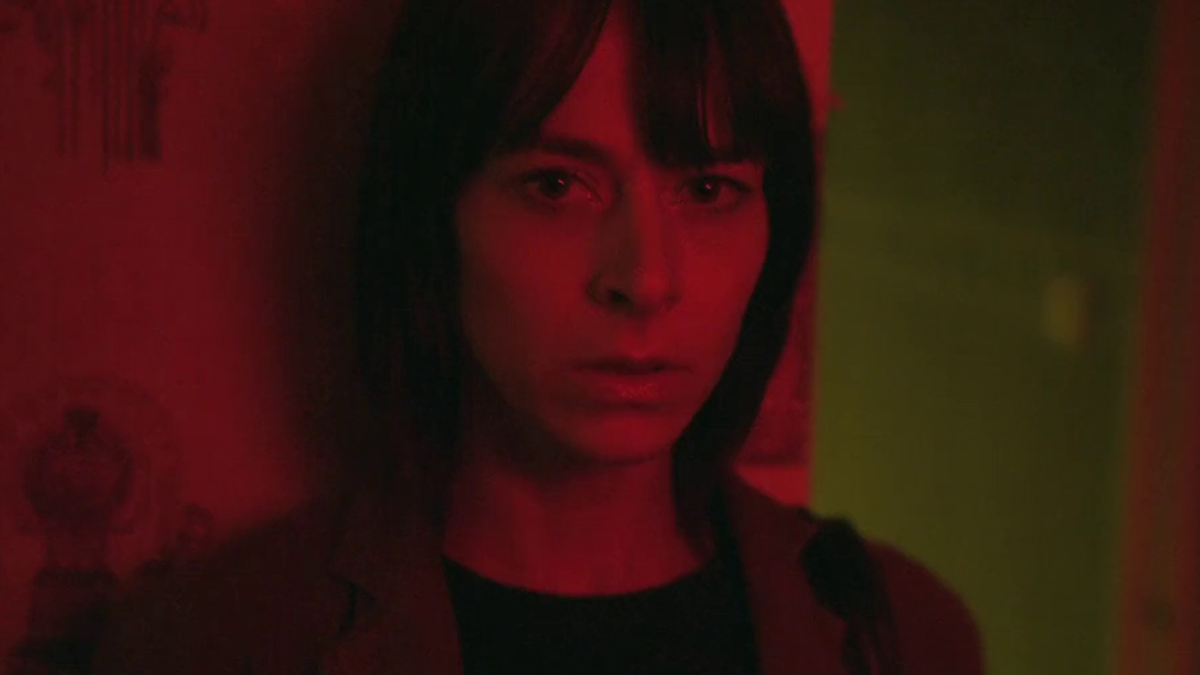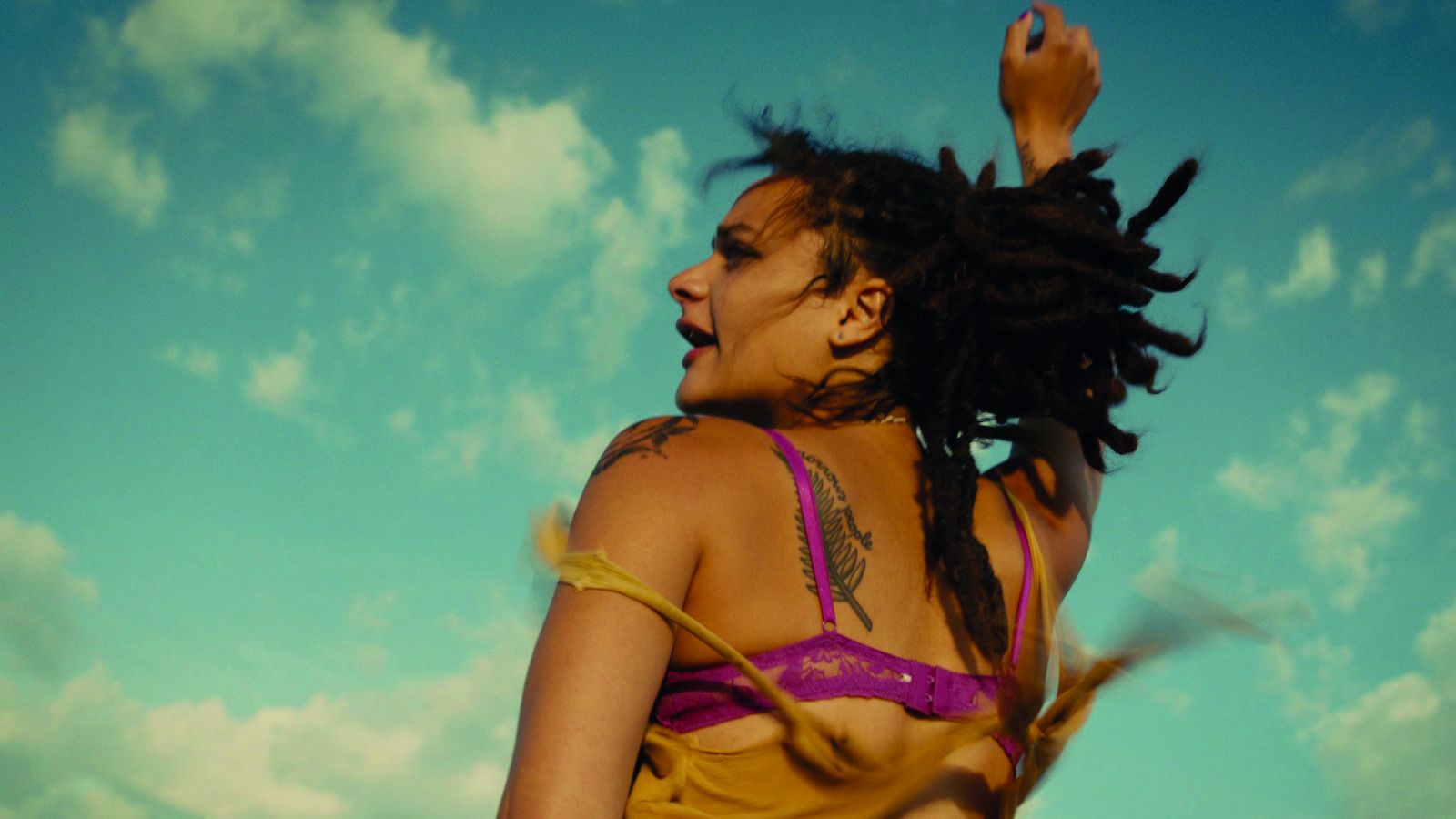Andrea Arnold: How she disrupted Britain’s class narrative
The daring director of Red Road, Fish Tank and Bird is heading to Edinburgh to talk about her career. Kevin Fullerton takes a deep dive into what makes Andrea Arnold’s back catalogue both bleak and deeply human

Andrea Arnold isn’t interested in welcoming you into her character’s world; she wants to send you crashing headfirst into their mind. Her camera doesn’t trail behind its protagonist or place them into a wider context with a grand, panoramic establishing shot. Instead, she travels alongside them in tight close-ups and (her past two films notwithstanding) an even tighter 4:3 aspect ratio, studying them with the familiarity of an attentive friend, bolstered by the sturdy poetry of her perennial cinematographer Robbie Ryan.
Aspect ratios are key to how Arnold thinks about her intimate character studies, which include international successes like Red Road (pictured above), Fish Tank, Wuthering Heights, American Honey, Cow and, most recently, Bird. ‘It makes [my characters] really important,’ she said of 4:3 in an interview with Filmmaker Magazine. ‘They’re not small in the middle of something. It gives them real respect and importance. It’s a very human frame, I think.’
.jpg)
Themes of respect and humanity embody this English filmmaker’s oeuvre, which centre on lower-working class people negotiating landscapes of economic depression and limited choices. It’s no coincidence that her career came to maturity in the mid-2000s, at a time when right-wing papers began a campaign against hoodies, ‘chav’ became a common pejorative, reality shows like The Scheme or Benefits Street portrayed the working classes as scroungers, and British thrillers such as Eden Lake and Harry Brown preyed on the fears that youth culture was going feral.
Whether deliberately or not, Arnold’s early features were a rebuttal to the classist sentiments of the time. Alongside her peers Shane Meadows and Clio Barnard, she repurposed the aesthetic of social realism to tell contemporary working-class stories that foregrounded shared humanity more than the chasm of difference. Unlike well-meaning forebears such as Ken Loach, her troubled teens aren’t mere archetypes for political grandstanding but they are complicated, often unlikeable, and usually muddling through a life that hasn’t sought fit to provide them with any opportunities.
Like Mia, the 15-year-old tearaway from Fish Tank, or Star from American Honey (her only US film to date, though one that bears all the hallmarks of her British works), her protagonists are interested in escape through money, fame or (as in Bird) the spark of imagination. Yet their fate is to be ferried from disappointment to disappointment by a society reluctant to acknowledge their existence and even less willing to offer a helping hand.

If Arnold’s filmography seems unremittingly bleak (and, at times, it is), then by the same token she revels in moments of passionate connection. We are trapped in the subjective view of her protagonists, who are usually reacting to an immediate moment rather than planning for a distant future that might never come. But when they meet someone significant, suddenly the screen seems to widen at the sight of a friendly smile or an intense stare. Lacking anything else, these are people scanning the horizon for a glimmer of connection. Arnold’s films don’t endure simply because of their incisive portrait of the UK’s most marginalised figures, but because they are about reaching across the psychic divide that separates human consciousness.
Red Road (retrospective screening), Cameo, 19 August, 11am; In Conversation: Andrea Arnold, Central Hall, 19 August, 2pm.